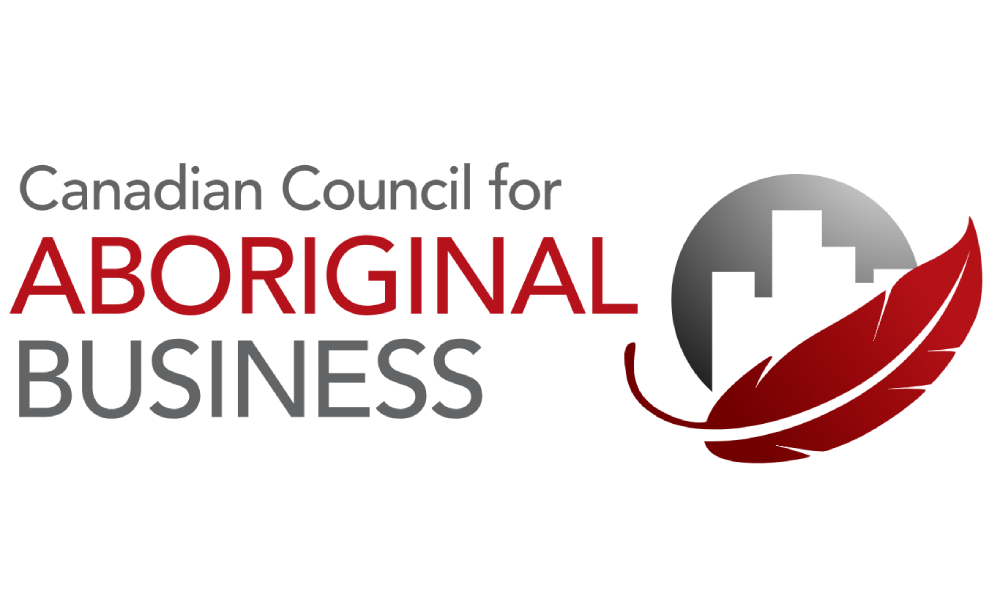Twenty per cent of Indigenous business owners recently sought IP advice, according to new survey

The Canadian Council for Aboriginal Business and the department of Innovation, Science and Economic Development have conducted the first survey in the country to explore the ways that Indigenous businesses safeguard traditional knowledge and cultural expressions.
The 2019 Intellectual Property Survey of Indigenous Businesses, released on June 29, aimed to provide insights about the use and impact of IP on the performance of Indigenous businesses and about the tools, resources and protections that Indigenous businesses need to connect to the Canadian IP system. The study also sought to help policymakers develop equitable and accessible policies, programs and services that are more inclusive of Indigenous business realities.
“The Canadian IP system must be relevant and accessible to Indigenous entrepreneurs so they can contribute to the shared prosperity generated by the knowledge economy,” said Tabatha Bull, president and chief executive officer of the Canadian Council for Aboriginal Business, in a news release.
The study, which surveyed 1,100 First Nations, Inuit and Métis business owners in Canada via telephone from Aug. 7 to Sept. 10, 2019, found that:
- Self-employed Indigenous peoples have increased by 44 per cent between 2011 and 2016, which means that their population rises at a greater pace than that of self-employed Canadians overall.
- Entrepreneurs in the professional, scientific, and technical, education, health and social service sectors are 36 per cent Indigenous and 43 per cent non-Indigenous.
- Among Indigenous business owners, 20 per cent reported seeking information, guidance or advice on IP such as patents and trademarks in the past few years, with 84 per cent of them claiming that they found what they needed.
- Of Indigenous entrepreneurs who own IP, a majority agreed that it contributed to their business performance, with 80 per cent of respondents saying that it improved long-term business outlook, 76 per cent claiming it increased business value, 72 per cent saying it increased revenue, and 70 per cent claiming it improved partnership and collaboration opportunities.
- Sixty-six per cent of women-owned businesses surveyed said that they used traditional knowledge, compared with 48 per cent of men-owned firms.
- Only seven per cent of those using Indigenous traditional knowledge and cultural expressions claimed that they experienced unauthorized use of such, while 88 per cent said that this never occurred.
- Among those who did experience negative effects, 34 per cent identified financial impacts and 31 per cent chose loss of cultural meaning as the most common consequences of unauthorized use.
“Indigenous businesses play an important role in our economy, and bring growth and innovation to First Nations, Métis and Inuit communities,” said François-Philippe Champagne, federal minister of innovation, science and industry.
The Canadian Council for Aboriginal Business, which initially released a brief of these findings in late April, acknowledged the significant hurdls to protecting Indigenous collective rights within a framework that generally focuses on individual rights.
The council said that it hoped to use this research in further studies delving into the unique IP needs and obstacles faced by Indigenous businesses within the Canadian IP system and to provide recommendations for a more inclusive and relevant IP framework.










